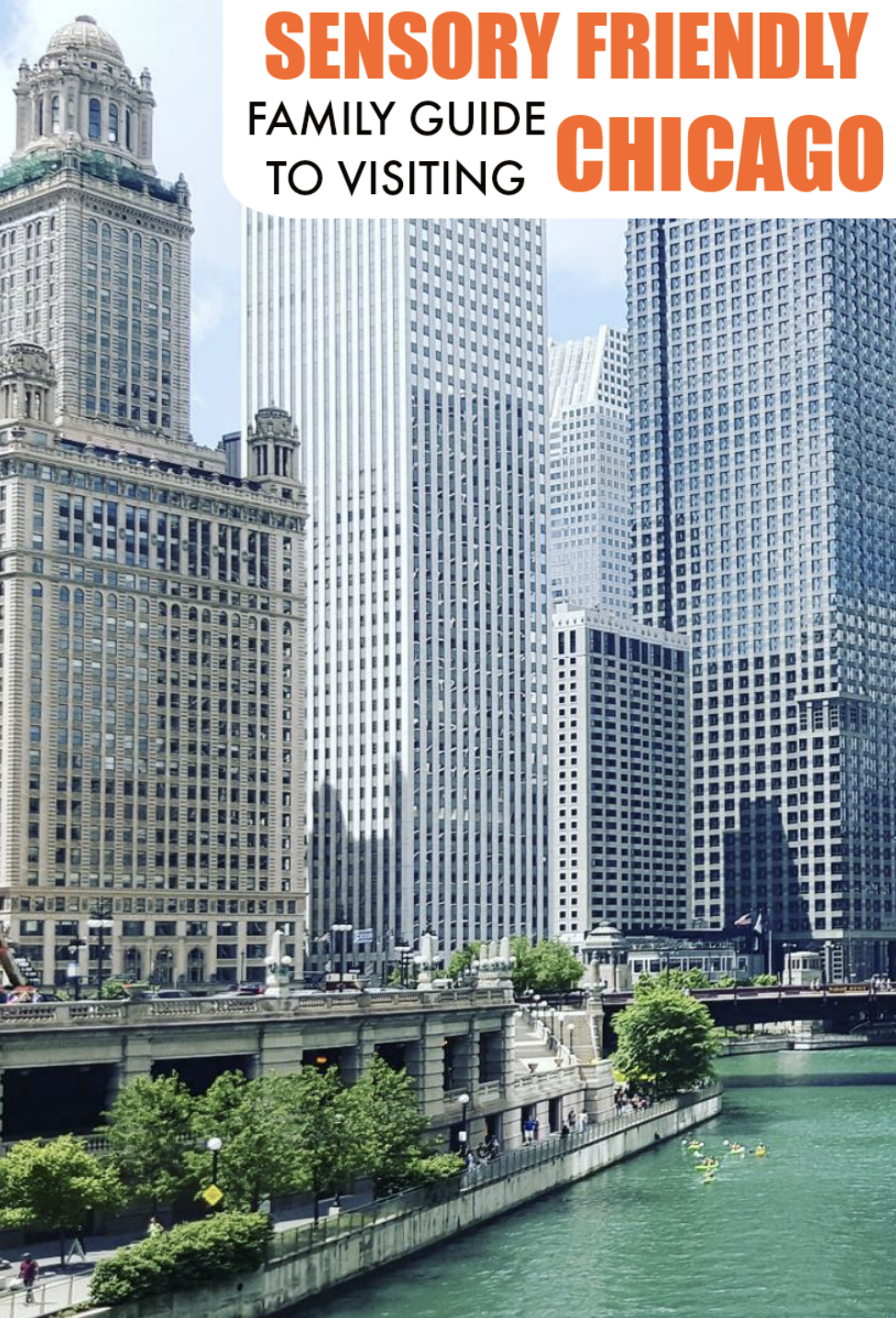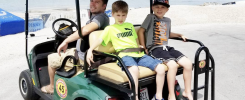As a parent of a child with Autism I am anxious for the start of the school year. As much as I worry about how well my son will do, I worry even more about how others will treat him and accept him. I was really excited to get an email from Easter Seals about their free FRIENDS WHO CARE® disability awareness program that helps parents and educators teach kids about children and adults with disabilities. My hope is that every parent will teach their child compassion and acceptance for others.
Sponsored by long-time Easter Seals partner, Friendly’s Restaurants, LLC, FRIENDS WHO CARE is an interactive program that helps students learn how kids with disabilities go to school, make friends and play. It encourages kids to accept their peers with disabilities as people first, and to find ways to include everyone in school and after-school activities.
FRIENDS WHO CARE® is also fun! The curriculum explores a range of disabilities and includes specially crafted learning activities, hands-on exercises, guided discussions and guest speakers. It starts with an introduction to disability, and looks at vision, hearing, and physical disabilities and then at learning disabilities including ADHD, autism and intellectual disabilities.
Visit their Web site to download the free FRIENDS WHO CARE materials!



















